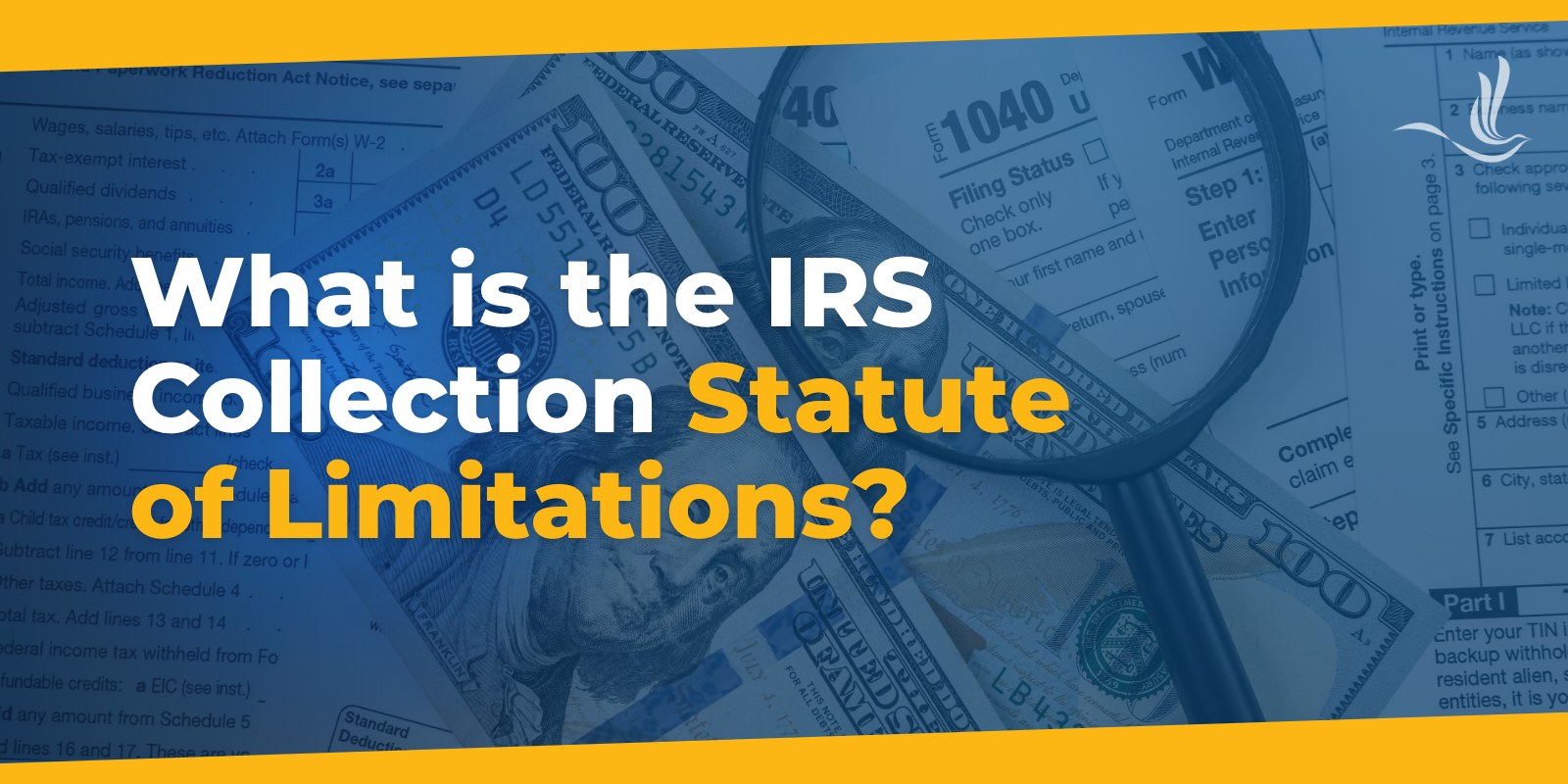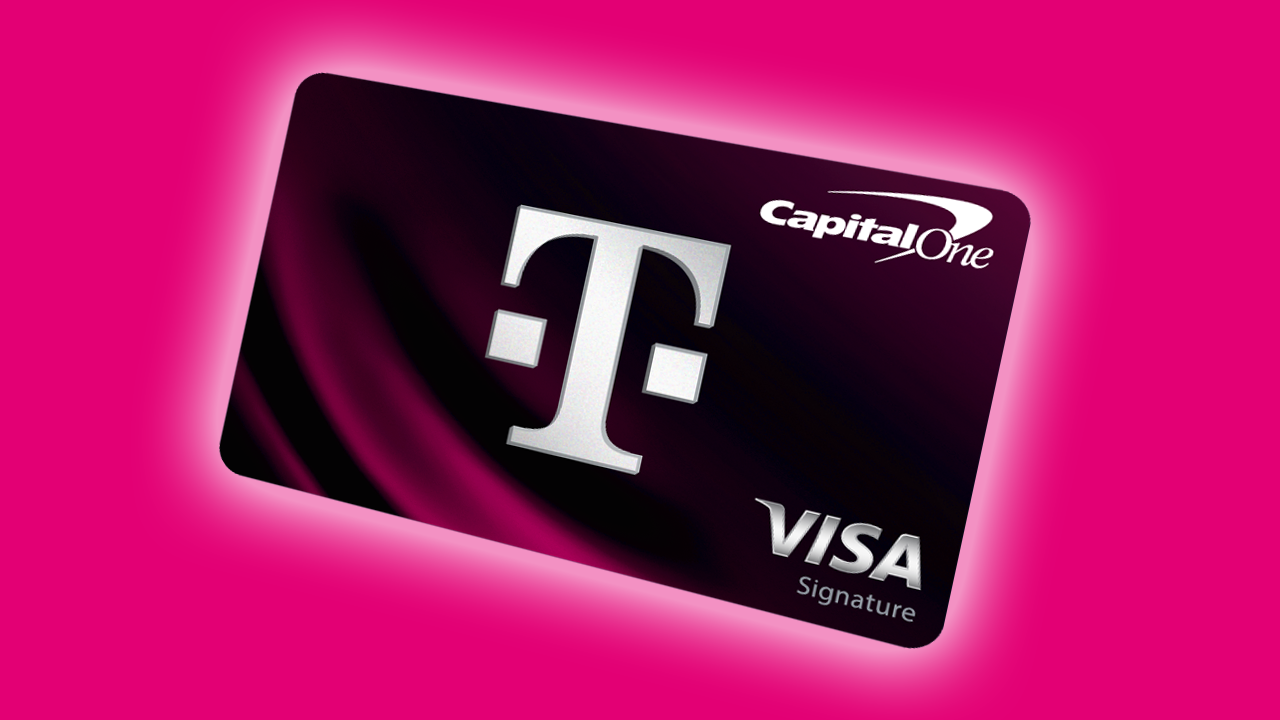Transferring money means sending funds from one banking account to another. A money transfer from your bank account could be to another individual, company or retailer.
People use bank transfers for several different reasons. They may wish to send money to someone as a gift or to give them a little helping hand. You may also transfer to a company by way of payment for goods or services.
The advantage of transferring money is that it eliminates the need to carry lots of cash around and you can do it from the comfort of your own home, within minutes.
What Different Types of Bank Transfers are Available?
The most common way of transferring money nowadays is online. Most people will transfer money using their online current account. Depending on your bank, the process may be slightly different. Generally, though all you have to do is log on to your online banking, select the transfer option and enter the details of the person or organisation you wish to send the money to.
You can also transfer money using telephone banking or in a bank’s branch. In-branch transfers are usually an option if you have cash and need to transfer it to another person’s account.
If you want to send money abroad, you can use an international money transfer service, not all banking providers offer this service but if your account comes with an IBAN number, you’ll generally be able too.
There are several different types of the money transfer system, but the most common are Faster Payments, Bacs and CHAPs. They all have their features and it’s worth finding out about each one to find out which option suits you best.
What Details Do I Need to Transfer Money?
You will need to know the account number and sort code of the account you wish to transfer money to. Sort codes are six-digit numbers and account numbers are eight digits. You also need the name of the person and organisation you are sending money to.
When carrying out a money transfer, you will be asked to enter a reference for the payment as well. This is to let the other person know who the money has come from and also helps you keep a record of the payment.
It may also be a good idea to check the name and address of the banking provider where the receiving account is, to ensure the transfer is going to the right place and if you’re sending money abroad you’ll need the IBAN number of the international account.
You must also enter the date you wish the payment to be made. This can either the same day or a date in the future, but always make sure you have enough funds in your account to cover the payment to avoid any charges or the payment not leaving your account.
Finally, enter the amount of money you wish to send and authorise the payment.
Is Transferring Money Safe?
Sending money electronically is quite safe. You will need to go through the normal security details to access your account and ensure you’re sending money to the right person.
Depending on which money transfer system you are using, they will apply their security measures to the payment. Broadly, though, these all involve checking that you have entered the details of the receiving account correctly.
In the case of Faster Payments, this involves holding the funds for a short period while they contact the bank of the receiving account to make sure the name on the account matches with the sort code and account number.
In some cases where the name is misspelt or doesn’t match the details, you may be asked to check them again before going ahead with the payment.
You may also be sent an OTP – one-time passcode – to enter if you are transferring money using mobile banking to authorise the payment.
Related Posts
Publisher: Source link











